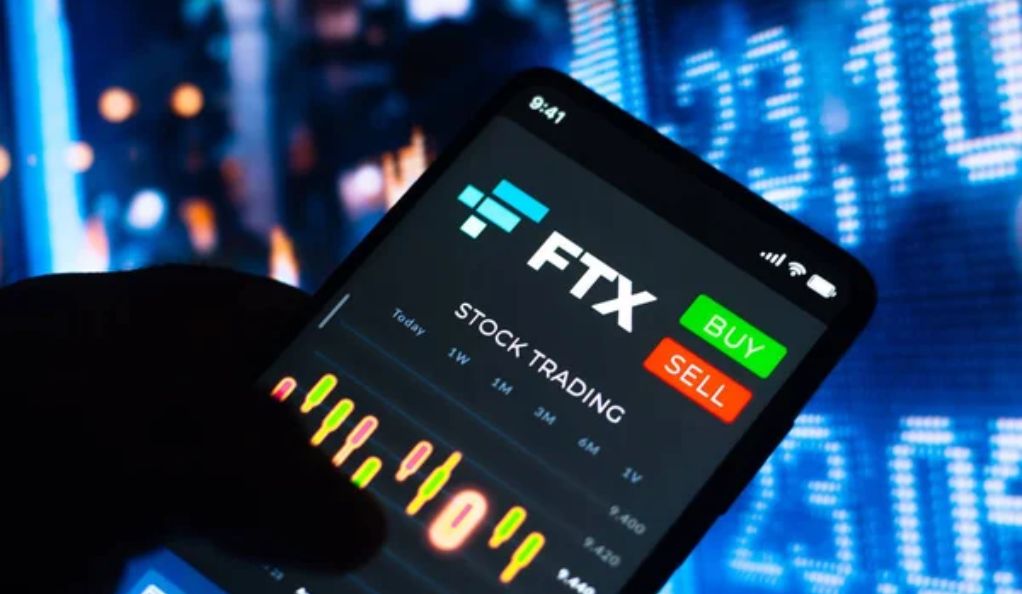When a company files for bankruptcy, one of the key aspects that needs to be carefully evaluated is the reasonable costs associated with the bankruptcy process. The goal is to strike the right balance between upholding the interests of the creditors and ensuring that the process is fair and equitable for all stakeholders. This article will delve into the importance of assessing reasonable costs in FTX’s bankruptcy case, taking into account the financial implications and legal considerations involved.

Evaluating the Financial Implications
In any bankruptcy case, evaluating the financial implications is crucial to determine what costs are reasonable. FTX’s bankruptcy is no exception. Assessing the financial implications allows us to understand the impact of the costs on the company’s remaining assets, the potential recovery for creditors, and the overall feasibility of the reorganization or liquidation plan.
Experts need to carefully examine the financial records and statements of FTX to identify any excessive or unnecessary costs that could potentially burden the bankruptcy estate. By scrutinizing the financial implications, it becomes possible to strike a balance between preserving the company’s value and compensating the professionals involved in the bankruptcy process.
Legal Considerations in Assessing Reasonable Costs
In addition to the financial implications, legal considerations also play a critical role in assessing reasonable costs in FTX’s bankruptcy. Bankruptcy law provides guidelines on what expenses are considered reasonable, and it is essential to adhere to these legal standards. Failure to do so can result in prolonged litigation, objections from creditors, and potential delays in the resolution of the bankruptcy case.
To ensure compliance with legal requirements, bankruptcy professionals must thoroughly review the applicable regulations and court precedents. This ensures that the costs incurred in the bankruptcy process are directly related to the administration of the case and are not excessive or redundant. By considering the legal framework, the bankruptcy court can effectively evaluate and approve reasonable costs, safeguarding the interests of all parties involved.
Assessing reasonable costs in FTX’s bankruptcy is a delicate task that requires a careful examination of the financial implications and legal considerations. Striking the right balance ensures that the bankruptcy process is fair, efficient, and equitable for all stakeholders. By evaluating the financial implications, professionals can identify excessive costs and protect the bankruptcy estate’s value. Simultaneously, adhering to legal considerations guarantees compliance with bankruptcy law and fosters transparency and fairness. Through meticulous assessment, FTX’s bankruptcy case can navigate the complexities and provide a path towards a successful resolution.
ChesWorkShop commits to presenting fair and reliable information on subjects including cryptocurrency, finance, trading, and stocks. However, we do not have the capacity to offer financial guidance, advocating instead for users to conduct their own diligent research.
